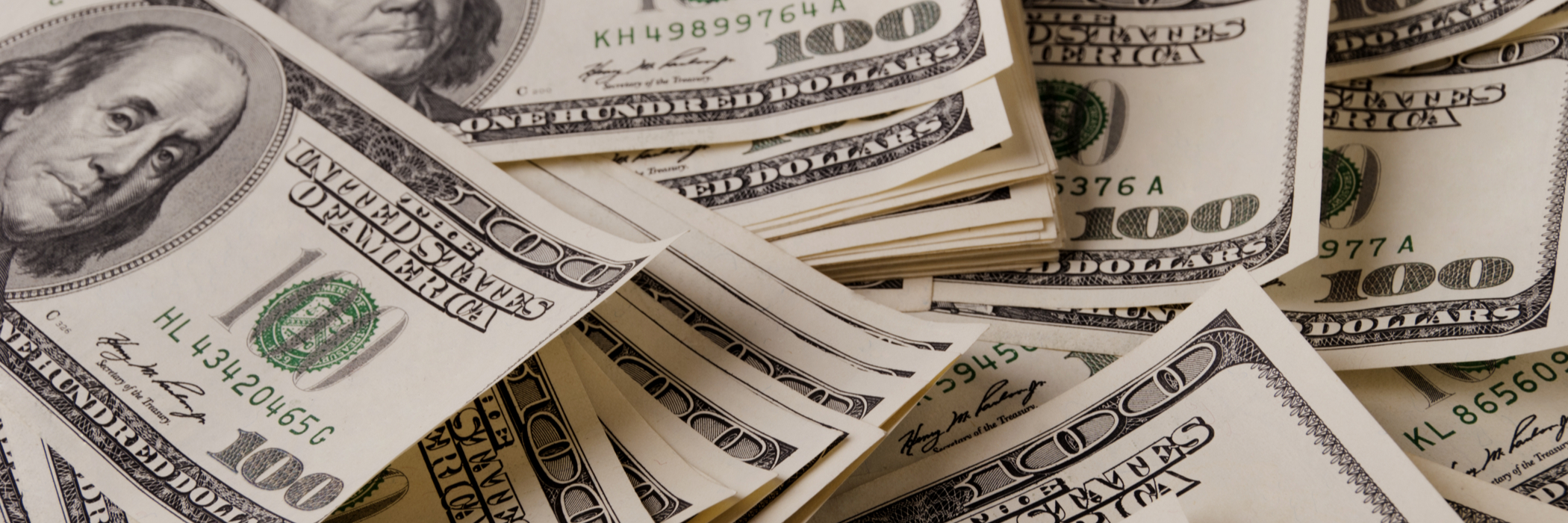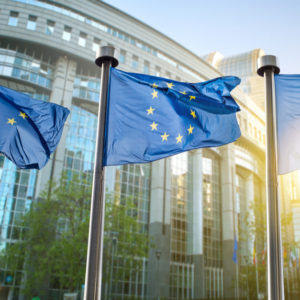Just The FACTS: August 21, 2017
More corrupt officials face consequences as reverberations from the Panama Papers continue. Pakistan’s Supreme Court has indefinitely disqualified the prime minister, Nawaz Sharif, from public service after the prime minister and his children were implicated in dubious real estate transactions in London. A subsequent investigation showed his family owned luxury real estate properties through anonymous companies. Based on their income, it was unlikely they could afford the properties, suggesting they were potentially hiding stolen assets and engaging in illicit financial practices. In a blog responding to the action taken by the supreme court, Global Witness’ Naomi Hirst noted this as an example of how anonymous companies are used to embolden corrupt officials and called on leaders to fulfill their promises to eliminate them.



